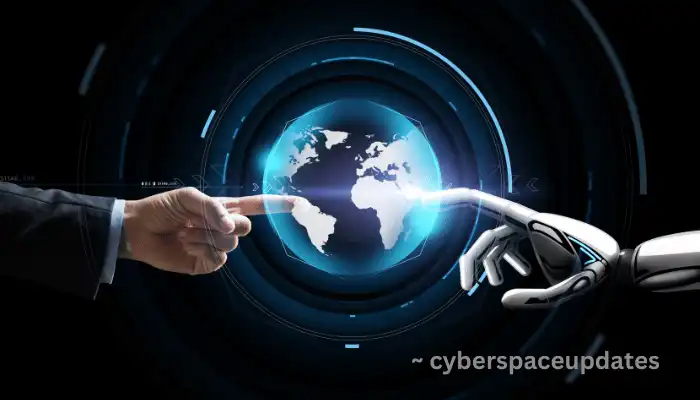How AI and Humans Will Co-Evolve
Contemplating a future where Artificial Intelligence and us co-evolve is not only hyperbolic science fiction; it explores concrete futures which are likely to recast our society, economic systems, and even what it means for us to be human. This is consistent with the symbiotic collaboration between AI and humans that hints at a future in which human and machine intelligence will increasingly blend into everyday life (a trend it seems we can already witness).
AI Integrated into Daily Life The first step towards such a co-evolution is already being made as AI has been put on home tasks and chores, humanizing so to say. AI has started to influence our personal choices – from virtual assistants reminding us about meetings, thinking in-depth which movie should we watch, or what product is better based on the clever algorithms. And thanks to AI systems that learn how best to relate personalized service and interactions will have surface of intimacy, leading towards more in-depth transactions.
Increasing Cognitive Capacities AI could revolutionize human evolution by increasing our cognitive capacities. Recently, brain-computer interfaces (BCIs)-devices that tie the human brain to a computer to facilitate new experiences – have been developed not only for systems that could make individuals smarter but also out of concern for opportunities through which people can communicate with peripheral devices. This could stitch together a new kind of smarticle, one that would share the human emotional side while receiving machine-like acuity creating abilities in creativity, analysis, and innovation – abundant possibilities!

AI Systems Tailored to the Individual Because AI technologies are also expected to become increasingly personalized as they progress. Next-gen AI could function as an adaptive assistant such that it learns the unique needs of each user and tailors its actions accordingly. That could be in health and diet, based on an individual’s personal genetics/lifestyle; individualized learning & career development programs that change to how quickly you learn and what your style is. This level of personalization would create for the very first time, a symbiotic relationship between humans and AI; where in one hand we can harness it as tools while at the same extent turn them into companions entwined deeply within our day-to-day lives.
Ethical Implications Nevertheless, such a deep integration raises some important ethical implications. The degree to which AI will shape our decisions in the future begs questions about autonomy and susceptibility handling. AI can move beyond making suggestions to more subtly shape human behavior by using personalized data, which raises concerns about privacy and consent. Additionally, as humans grow even more dependent on AI for cognitive tasks, this may redefine the knowledge that is truly critical to being human – and new definitions of intellectual aptitude could prompt a rethinking about educational aims (and goals) and personal development strategies.
Affective Nature of Work and Social Structures This co-evolvement of AI in humans will have a high impact on work, and social structures as well. Robots and AI systems will pervade every sort of routine, even relatively complex tasks thereby redefining human roles to more creative/managerial/empathizing positions wherein machines cannot easily replicate. That in turn might usher in the most far-reaching change of how work actually, and perhaps what kind of economic systems we would need if well-being were more important than productive efficiency.
As Humans Adapt to AI Integration Future generations may, therefore, learn different cognitive and social skills most of which respond positively with combined human-AI capabilities and will develop an expertise in more adaptive abilities such as problem-solving skill sets and general interdisciplinary knowledge. These are the type of skills that would be essential in a world where AI overlapped significantly with human performance rather than replace them, as collaboration becomes paramount for advancement.
Conclusion The future of AI and human co-evolution has considerable opportunities but also daunting challenges. It envisions a future where the bounds of what humans can do will extend and broaden to bring more sophisticated understanding and creativity. Yet, it also forces us to raise important moral and ethical questions related to what we do with AI in how they are created, programmed and eventually applied. It is the balance we will find between these opportunities and challenges that will shape who and what we are, not only as human beings but also in terms of our social values or priorities for a future shared with AI.
